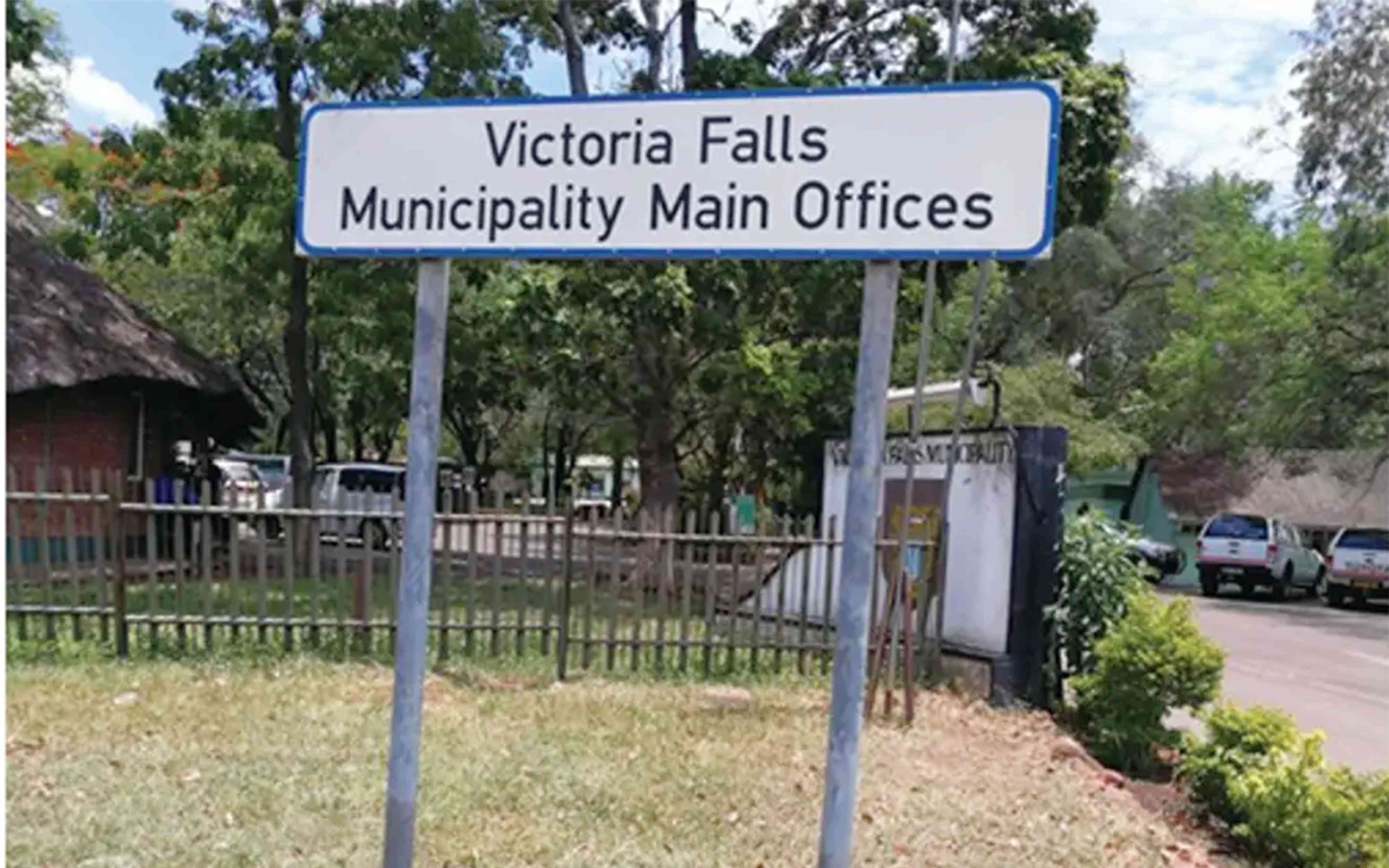
ZIMBABWE’S major firms have issued an unprecedented public appeal for urgent government intervention, warning that without decisive action, local industries face inevitable collapse.
The call comes amid rising concern over foreign dominance in strategic sectors, an issue that mirrors global debates as governments from Washington to Pretoria struggle to balance free investment with safeguarding domestic industries.
At a high-level meeting recently, business leaders urged Industry and Commerce minister Mangaliso Ndhlovu to draw lessons from Tanzania’s Statutory Instrument (SI) 407A/2025, which reserves 15 sectors exclusively for citizens, as a model for protecting Zimbabwean enterprises.
A detailed paper circulated to members of the Zimbabwe National Chamber of Commerce (ZNCC) noted that industries had raised concerns over foreign dominance in reserved sectors with low entry barriers and urged the adoption of the Tanzanian model.
The document further called for stronger enforcement of the Indigenisation and Economic Empowerment Act, the introduction of supporting legislation including QR-coded local content insignia, and tighter alignment of public procurement with local content policies.
The ZNCC paper also highlighted persistent threats from substandard imports and sluggish permit processes, warning that cheap cement and steel dumped on the market could cripple domestic producers
“BMOs called for an indaba on delayed contractor payments,” the report reads, citing the ongoing Contractors Bill under parliamentary review since 2023.
It called for enforceable procurement quotas, equal pre-payment terms for local suppliers and state-private partnerships to drive value-addition in minerals such as platinum group metals, lithium, and chrome.
- Mavhunga puts DeMbare into Chibuku quarterfinals
- Bulls to charge into Zimbabwe gold stocks
- Ndiraya concerned as goals dry up
- Letters: How solar power is transforming African farms
Keep Reading
Business leaders estimated that at least US$200 million in new investment would be required to attract processors focused on value addition rather than raw extraction.
Economists say Zimbabwe’s challenges echo structural weaknesses across the region.
“Cheap imports displace local production. With high local production costs, businesses cannot achieve desired volumes of sales to be profitable. Cheap imports therefore threaten local production viability and local jobs,” Vince Musewe said.
Gloria Ndoro-Mkombachoto, a columnist for the Zimbabwe Independent, observed that foreign dominance was a growing continental trend.
“Countries such as Zambia, Angola, Ethiopia, Nigeria, and Zimbabwe have seen Chinese companies dominating, often leveraging state support to gain competitive advantage. However, this dominance has disadvantaged local entrepreneurs and communities,” she said.
Stevenson Dhlamini, an economics lecturer at the National University of Science and Technology, described the concerns as central to Zimbabwe’s development model.
“The concerns of local constructors and manufacturers are not mere protectionist rhetoric; they signal a fundamental tension in the country’s growth model,” Dhlamini said.
“Their grievances are entirely valid and reflect what we call the creation of an ‘enclave economy’. A foreign-financed project, whether it’s a highway, a dam, or a government building, should, in theory, act as a powerful stimulus for the domestic economy. This happens through backward and forward linkages.
“The solution is not to crudely block all foreign investment; that would be an act of economic self-harm. The solution lies in a more sophisticated and assertive national strategy. The country must transition from a passive recipient of projects to an active manager of its own development,” he added.
Minister Ndhlovu acknowledged the sector’s plight, citing high capital costs and confirming that a statutory instrument on reserved sectors has been submitted to the Attorney-General’s Office.
He also commended President Emmerson Mnangagwa’s commitment to addressing competitiveness issues, according to the ZNCC paper.
Drawing on input from six leading business member organisations, including the Confederation of Zimbabwe Retailers, the Confederation of Zimbabwe Industries, and the Construction Industry Federation of Zimbabwe, the ZNCC called for a home-grown “Marshall Plan” to rescue fragile industrial recovery.
Borrowing from post-World War II Europe, the plan envisions coordinated government-backed investment, sweeping deregulation, tax reform, reliable energy supply, and incentives to draw thousands of informal enterprises into the formal economy.
The report warned that without urgent measures, more firms would collapse, jobs would be lost, and supply chains would unravel.
The retail and wholesale sector, already among the hardest hit, illustrates the depth of the crisis. Operators must secure up to 32 separate licences just to run a supermarket.
The ZNCC report paints a stark picture: Zimbabwe’s industrial base cannot survive on goodwill alone. Only bold, coordinated government intervention, anchored in legislative protection, fair procurement practices and targeted investment incentives, can prevent a full-scale corporate meltdown.











